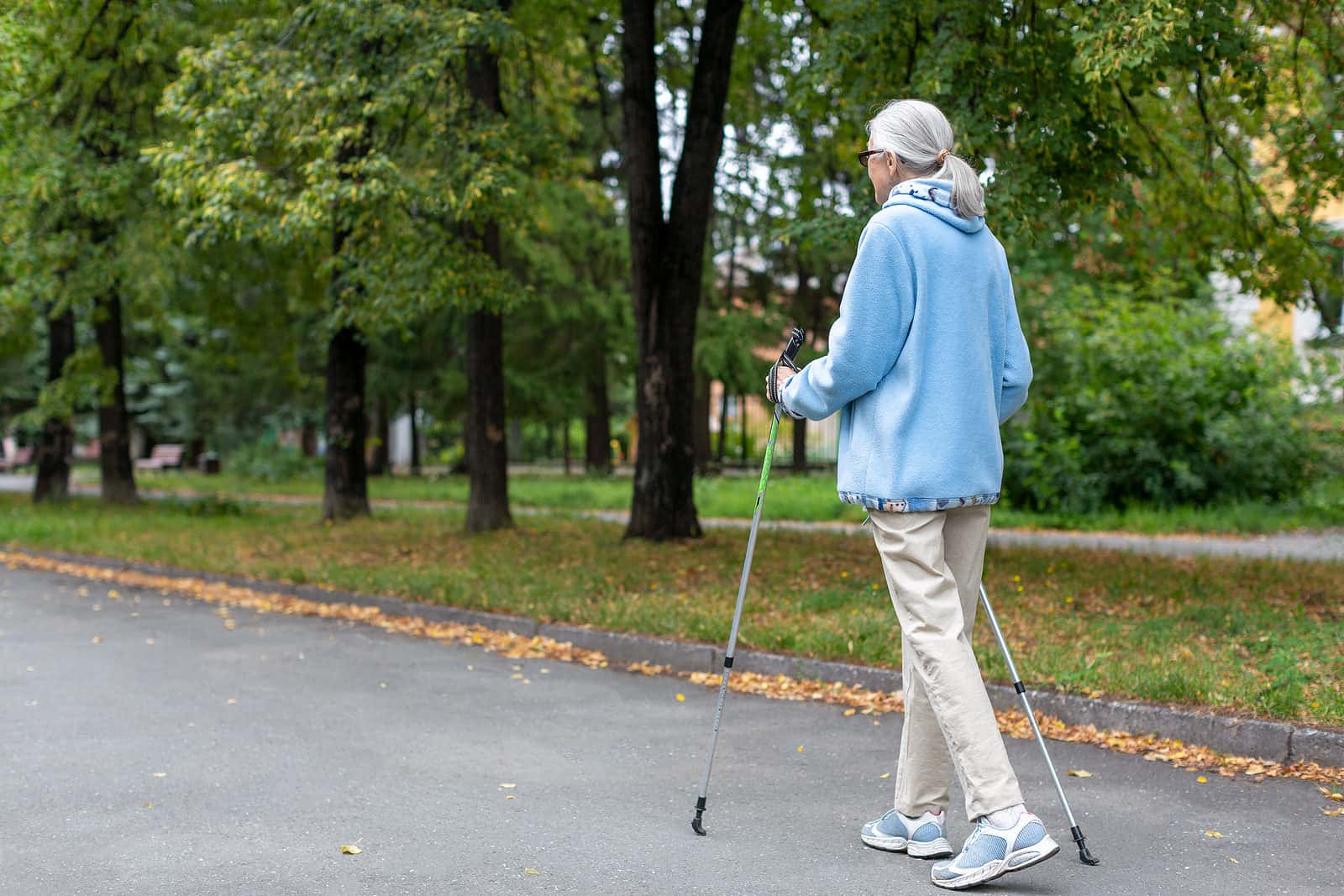
Does it really make a difference whether you exercise? We now have multiple studies demonstrating that physical activity, if not deliberate exercise, can help prevent heart failure.
What Is Heart Failure?
In this condition, the heart is unable to pump enough blood to supply all the organs with the oxygen they need. This can lead to shortness of breath, persistent coughing, fatigue and swollen legs and feet. A particular type of heart failure (heart failure with preserved ejection fraction) is especially common among older women. This condition is a leading cause of hospitalization among seniors.
Studying Women Before They Develop Heart Failure:
Now, a study shows how women can reduce their likelihood of developing heart failure (JAMA Cardiology, Feb. 21. 2024). The research was a prospective cohort study of some of the volunteers in the Women’s Health Initiative. Nearly 6,000 women over 63 did not have heart failure at the beginning of data collection in 2012. They each wore accelerometers on their hips for a week to measure physical activity and sedentary time. Average follow-up time was 7.5 years.
Analysis showed that women who were more active were significantly less likely to get a diagnosis of heart failure or heart failure with preserved ejection fraction. That was also true for those who took more steps each day. On the other hand, those who spent more time sitting were more susceptible to heart failure.
The investigators conclude:
“Encouraging older adults to sit less and be more active in usual daily activities could be an important part of primary HFpEF [heart failure with preserved ejection fraction] prevention, where clinical treatment options are presently limited and population burden is growing.”
Move to Prevent Heart Failure:
These findings fit well with those from earlier studies. A study from Johns Hopkins showed that just six years of increased physical activity in middle age could help prevent heart failure later (Circulation, May 15, 2018) The investigators studied more than 11,000 adults participating in the Atherosclerosis Risk in Communities (ARIC) study. They found that those who biked, walked briskly or did other moderate to vigorous exercise for 150 minutes a week were 31 percent less likely to develop heart failure two decades later. Couch potatoes who took up exercise cut their heart failure risk by 23 percent. Heart failure risk increased among the participants who decreased their physical activity levels.
This observational study doesn’t demonstrate a cause-and-effect link, but it suggests we should all go out and play. It is not the first study to demonstrate that a healthful lifestyle can help prevent heart failure.
Healthy Lifestyle to Prevent Heart Failure:
Even earlier, scientists followed 20,000 male physicians over more than 20 years. Those who maintained a normal body weight, did not smoke, got regular exercise, ate breakfast cereals and a diet rich in vegetables and fruits, and drank moderately were significantly less likely to develop heart failure (Journal of American Medical Association, July 22/29, 2009).
Those who followed at least four of these practices had half the lifetime risk of heart failure as those who didn’t follow any of them. Heart failure is a serious condition that can be disabling and hard to treat. Consequently, it is good to know that it may be preventable.
DASH Diet Helps to Prevent Heart Failure:
A vegetable rich diet designed to lower blood pressure also reduces the risk of congestive heart failure (Archives of Internal Medicine, May 11, 2009). Scientists studied 36,000 Swedish women for seven years. Those who came closest to following the criteria for the DASH diet were 37 percent less likely to develop heart failure than those eating less healthfully.
The DASH Diet:
DASH stands for Dietary Approaches to Stop Hypertension. It includes eight to ten daily servings of vegetables and fruits combined with low-fat dairy products, whole grains, and moderate amounts of fish and chicken rather than red meat. Such a diet results in higher levels of minerals such as magnesium, potassium and calcium. It has been shown to lower blood pressure almost as well as many medications. Its ability to prevent heart failure is an added bonus.
Citations
- LaMonte MJ et al, "Accelerometer-measured physical activity, sedentary time, and heart failure risk in women aged 63 to 99 Years." JAMA Cardiology, Feb. 21. 2024. doi:10.1001/jamacardio.2023.5692
- Florido R et al, "Six-year changes in physical activity and the risk of incident heart failure: ARIC Study." Circulation, May 15, 2018. https://doi.org/10.1161/CIRCULATIONAHA.117.030226
- Djoussé L et al, "Relation between modifiable lifestyle factors and lifetime risk of heart failure." Journal of American Medical Association, July 22/29, 2009. doi:10.1001/jama.2009.1062
- Levitan EB et al, "Consistency with the DASH diet and incidence of heart failure." JAMA Internal Medicine, May 11, 2009. doi:10.1001/archinternmed.2009.56

